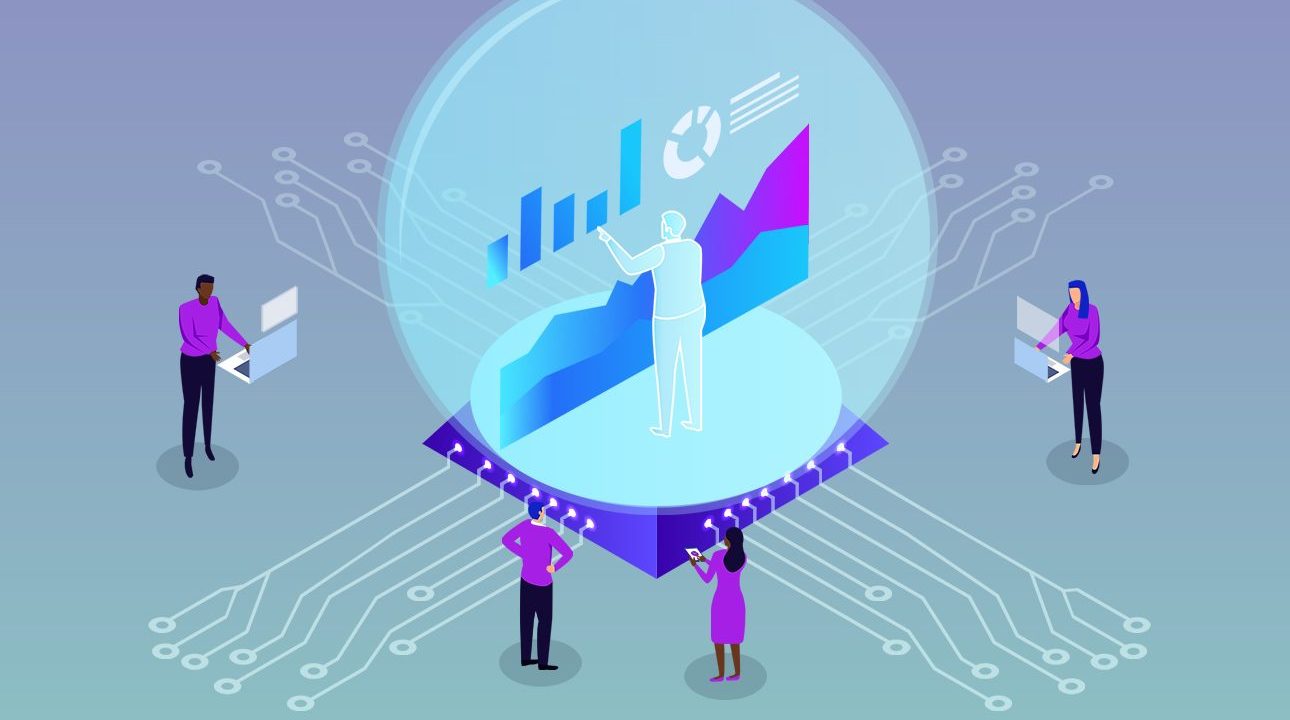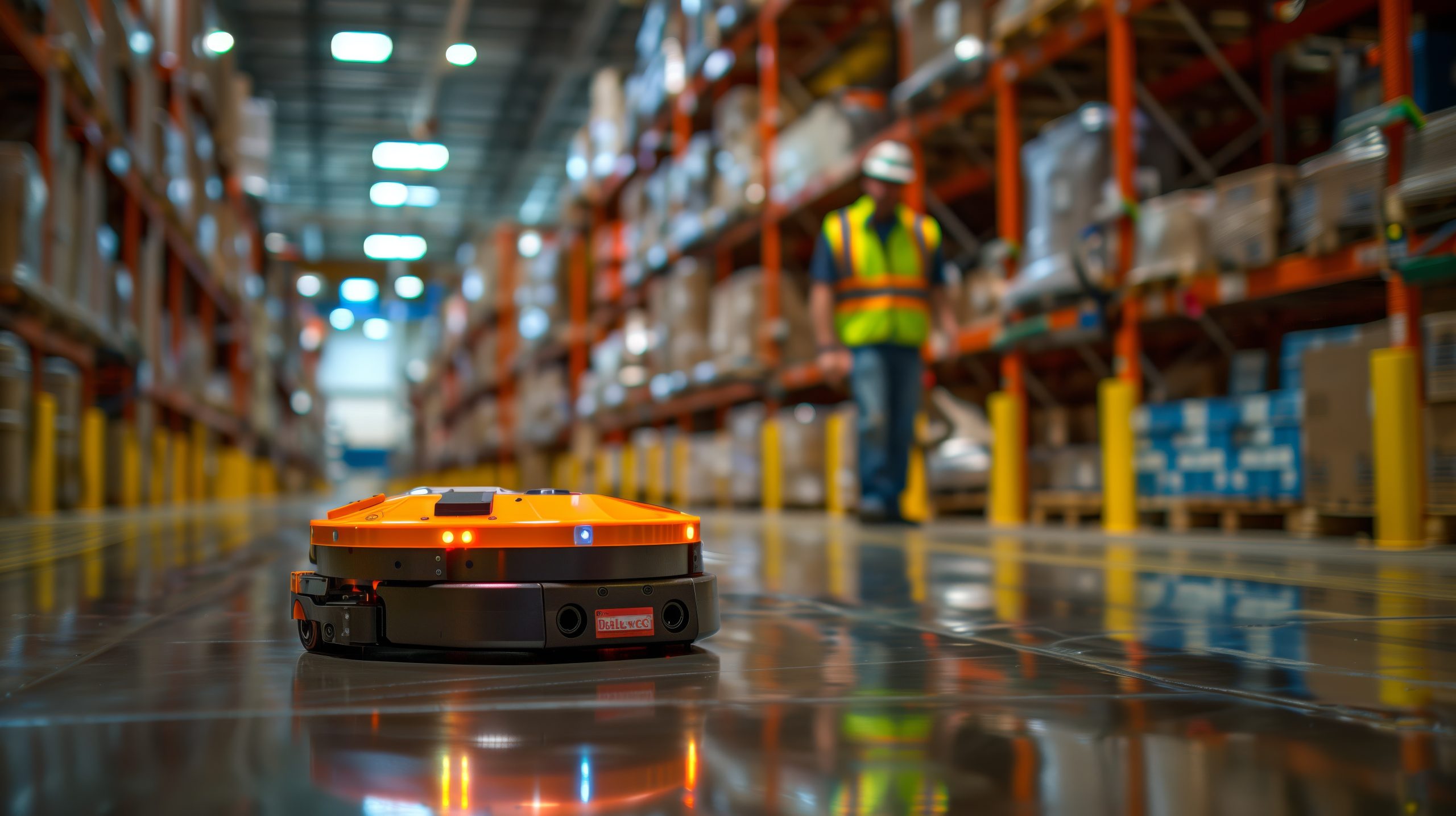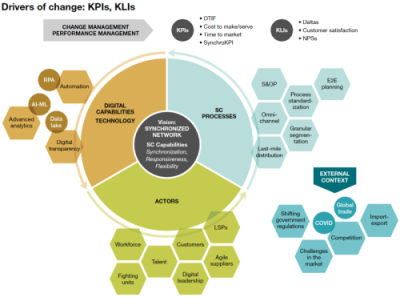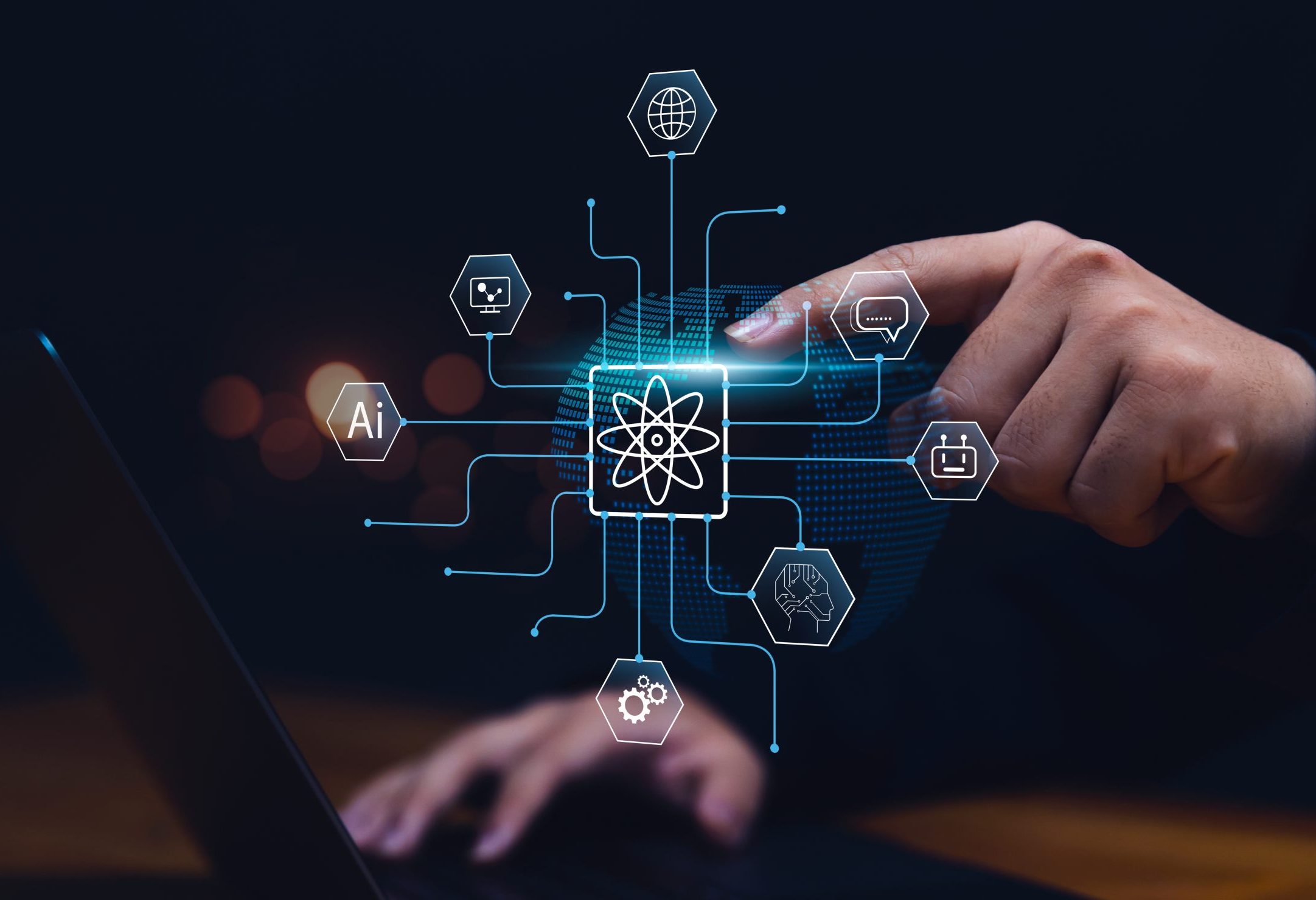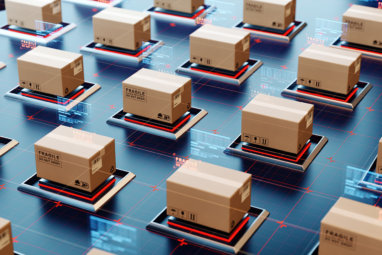Our Research
Learn more about our research streams and projects or engage with us using the contact form below.
Methodology
We tackle complex supply chain challenges using a rigorous, empirical, multi-faceted analytical approach that ensures our findings are grounded in industry and directly actionable.
Our Core Capabilities: Research Methodologies
To achieve these deep insights, our research employs a range of state-of-the-art techniques and models, ensuring we capture both the technical and human elements of transformation:
- Causal Inference: Identifies cause-and-effect relationships and quantifies the true impact of a policy or change on outcomes.
- Field Experimental Analysis: Tests interventions and measures their true impact in operational settings and real-world performance.
- Optimization Models: Mathematical frameworks used to find the best possible solution to a problem, crucial for minimizing costs or maximizing utilization.
- AIML Models: Artificial Intelligence and Machine Learning models, used for predictions that support automating complex decisions from massive datasets.
- AI Agents: Autonomous decision-making entities able to adapt plans and actions under changing conditions.
- Game Theory: The mathematical study of strategic interactions used to model and predict the behavior of competing or collaborating supply chain stakeholders.
By synthesizing these methods, we provide the foundational knowledge necessary to build resilient, agile, and future-ready supply chain capabilities.
Human-AI Collaboration
AI is the force behind the most innovative supply chain projects, yet its adoption is currently navigating a cosmos of contradictions. While AI promises to augment human capabilities and reshape companies, it differs significantly from past technologies: it is highly dynamic and requires reciprocal learning between the AI and human team members.
Our research aims to move beyond this complexity. We study how AI technology interfaces with human expertise and intuition, specifically examining different combinations of human and machine teaming capabilities. By analyzing how companies deploy AI, we provide contextualization for AI deployment and successful strategic integration.
Projects
Human–AI Collective Intelligence in Demand Planning
AIML with demand forecasters help make inventory order decisions.
Read more…
Advanced AIML Demand Forecasting
The effects of exogenous variables on AIML Predictive Algorithm Prophet.
Read more…
The Human-Robot Duet: AI-Driven Warehouses
AI technologies facilitate human-robot collaboration in warehouse operations.
Read more…
Scaling E2E Automation Roadmap
The Scaling E2E Automation Roadmap is a strategic framework designed to move organizations beyond small tests to fully integrated, end-to-end automation, fundamentally transforming operations for massive, fast output. By providing a clear plan for achieving exponential scalability in autonomous processes, this roadmap ensures companies can handle increased size and speed, leading to direct money-saving results and enhanced performance. Ultimately, this framework is essential for setting up a successful plan for using AI and digital tools, guiding businesses to completely rethink decision-making and adapt their capabilities for the digital age.
Projects
Dell’s Digital Supply Chain Transformation
Case study presenting the key levers, challenges, and opportunities of their vision and roadmap.
Read more…
Supply Chain Risk Mapping for Quantum Computing
Quantum computing is poised to revolutionize computational power, offering solutions to impossible problems
Autonomous Operations
Autonomous Operations focuses on achieving true operational independence, allowing systems to self-manage and self-correct in real-time to guarantee consistent, resilient performance without manual intervention. This research is essential for moving organizations beyond simple automation toward a future where operational systems are fully self-regulating, especially within complex supply chains. By defining necessary frameworks, it guides companies on how to reimagine decision-making to maximize the strategic potential of systems that autonomously manage their own performance and optimization.
Projects
Autonomous Negotiation
AI is starting to play a major role in how companies negotiate with suppliers.
Digital Twins for Warehouse Operations
Digital twins as a promising solution for enhancing performance metrics.
Operational Automation in SMEs
Actionable,cost-effective SME automation framework.
